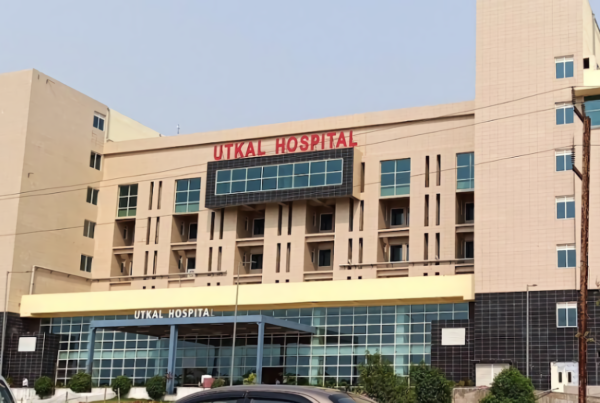Due mostly to injectable drug usage, Tripura is dealing with a serious HIV spread among its student population. The Tripura State AIDS Control Society (TSACS) reports that 828 pupils have tested positive for HIV, and that the disease has sadly claimed the lives of 47 of them.
In Tripura, the epidemic has extended to 220 schools, 24 colleges, and institutions due to student injectable drug misuse, which has accelerated the spread of HIV. Five to seven new cases are reported by TSACS authorities each day, highlighting the need for a comprehensive approach to handling the matter.
During a media workshop jointly organized by the Tripura Journalist Union, Web Media Forum, and TSACS, senior officials highlighted the gravity of the situation. “We have so far registered 828 students who are HIV positive. Out of them, 572 students are still alive and we have lost 47 people due to the dreaded infection,” stated a senior TSACS official.
Data collected from 164 health facilities across the state has provided critical insights into the geographic and demographic spread of the outbreak. The Joint Director of TSACS emphasized, “Reports are collected from almost all the blocks and subdivisions before making this presentation.”
Students from wealthy homes, whose both parents frequently work in government services, have been disproportionately impacted by the problem. Although these families are able to meet their children’s needs, officials pointed out that it is sometimes too late to properly intervene when drug use and HIV infection are discovered.
The HIV epidemic in Tripura highlights the critical need for all-encompassing approaches to combat student injection drug usage and slow the HIV virus’s spread. Aiming to reduce the epidemic’s effects and protect public health, stakeholders are promoting community engagement, improving medical assistance, and raising awareness.
The HIV epidemic in Tripura highlights the critical need for all-encompassing approaches to combat student injection drug usage and slow the HIV virus’s spread. Aiming to reduce the epidemic’s effects and protect public health, stakeholders are promoting community engagement, improving medical assistance, and raising awareness.



